

Tao Te Ching
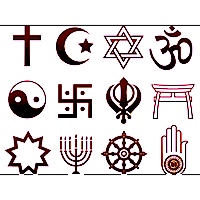
Symbols and Myths
Words can become profound, spiritual teachers, wise guides, tremendous allies—but only if we don’t believe them. In the famous story about Tilopa’s confrontation with Naropa, Naropa—although at the height of the highly evolved academic world of his time—realized that he only understood the words, not the “sense.” Even the wisest words only fit relevantly into a particular time, place, culture, and circumstance. When most relevant, they’re most often laughed at and ridiculed. And if they persist, condemned. Later they may be admired and honored only to soon sink into cliche, platitude, and numbness. The words fluctuate back and forth, from spiritual insight to imprisoning platitudes and dogma. Myths more easily avoid some of these traps by being more vague, symbolic, and only pointing at the truth rather than trying to clearly define it. When too defined, words easily prevent the awareness of wisdom rather than discovering it. Symbols and myths, on the other hand, open doors and invite our independent thinking, inspire rather than inform, challenge rather than try to control. Words of wisdom progress from insight to archetype, to enlightened or problematic consciousness genes. The fork occurs at the point when we start believing the words or understand the sense, see the moon or only the finger pointing at it.
Quotes (88)
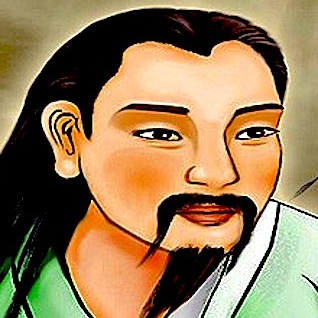
“The town may be changed but the well cannot be changed. It neither decreases nor increases… Thus the well is the symbol of that social structure which is independent of all political forms… Life is also inexhaustible. It grows neither less nor more; it exists for one and for all.”

“What is known as the teaching of the Buddha is not the teaching of the Buddha.”
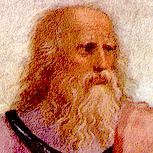
“According to Greek mythology, humans were originally created with four arms, four legs and a head with two faces. Fearing their power, Zeus split them into two separate parts, condemning them to spend their lives in search of their other halves.”
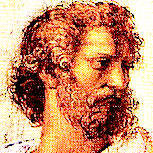
“Myths—because of their utility in regard to social customs and the public good—were introduced to persuade the multitude.”
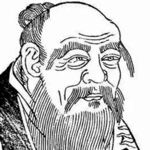
“The Way of Heaven is so dark, we need metaphors to understand it
To prepare a bow for use, we string it by pulling down the top and lifting up the bottom.
Likewise, the Way of Heaven is to take from the strong and give to the weak.”

“The myths have been invented by wise men to strengthen the laws and teach moral truths.”
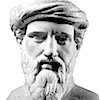
“Everything in the world is full of signs. All events are coordinated. All things depend on each other. Everything breathes together.”
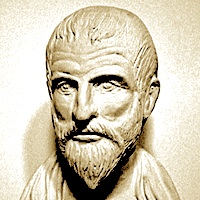
“All habits come from imitation and similitude: temples imitate the heavens, altars the earth; statues resemble life, and on this account they are similar to animals; prayers imitate that which is intellectual; herbs and stones resemble matter; and animals which are sacrificed, the irrational life of our souls.”
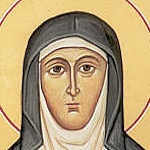
“Everything's an omen. The cry of a seal. The color of a could's belly at sunset. But everyone disagrees about what they mean.”
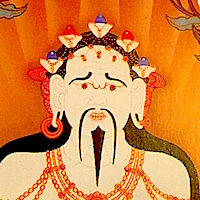
“The teachings are like a flower, the mind like a bee, and realization the honey of awakened life.”

“Straight arrows hit the distant target,
One sign and the wise person understands.”
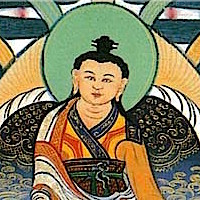
“The meaning of life is not discovered by thinking but by living the very life of meaning with its images, symbols, and concepts.”
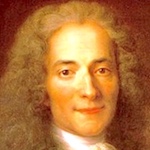
“After building a shed at the end of my garden, I heard an ant and a mole arguing. The mole said, 'What a fine structure, it must have been a very powerful mole who built this.' The ant replied, 'You must be joking. This builder is obviously an an ant of mighty genius.'”
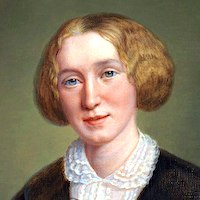
“we all of us, grave or light, get our thoughts entangled in metaphors, and act fatally on the strength of them”

“Signs are small measurable things, but interpretations are illimitable, and in girls of sweet, ardent nature, every sign is apt to conjure up wonder, hope, belief vast as a sky, and colored by but a diffused thimbleful of knowledge”
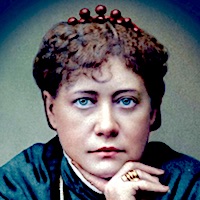
“While Horace endeavored to make clear the very spirit and essence of the ancient myths, Euhemerus pretended, on the contrary, that 'myths were the legendary history of kings and heroes, transformed into gods by the admiration of the nations.' It is the latter method which was inferentially followed by Christians when they agreed upon the acceptation of euhemerized patriarchs, and mistook them for men who had really lived.”
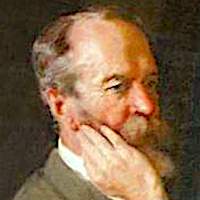
“Religious experience spontaneously and inevitably engenders myths, superstitions, dogmas, creeds, metaphysical theologies, and criticisms of one set of these by the adherents of another.”
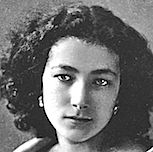
“I have, thanks to my travels, added to my stock all the superstitions of other countries. I know them all now, and in any critical moment of my life, they all rise up in armed legions for or against me.”
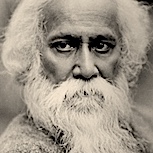
“The world as an art is the play of the Supreme Person reveling in image-making. You may call it maya and pretend to disbelieve it; but the great artist, the Mayavin, is not hurt. For art is maya, it has no other explanation but that it seems to be what it is.”
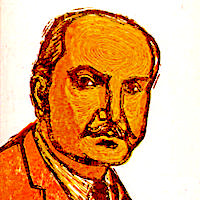
“The true contrast between science and myth is more nearly touched when we say that science alone is capable of verification.”
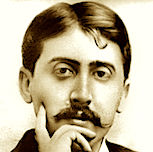
“I adore certain symbols as much as you do. But it would be absurd to sacrifice to the symbol the reality which it symbolizes.”

“The myth is of even more importance, historically, than the reality... For the reality was the source of the myth.”
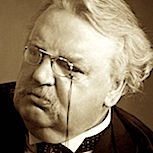
“Fairy tales do not tell children the dragons exist. Children already know that dragons exist. Fairy tales tell children the dragons can be killed.”

“The union of opposites is not a rational affair, nor is it a matter of will, but a psychic process of development which expresses itself in symbols.”
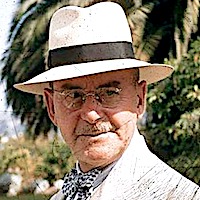
“The myth is the foundation of life; it is the timeless schema, the pious formula into which life flows when it reproduces its traits out of the unconscious...”
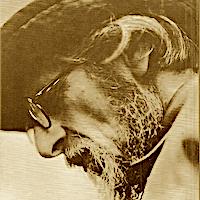
“To have lost the art of thinking in images is precisely to have lost the proper linguistic of metaphysics and to have descended to the verbal logic of 'philosophy.'”

“Every symbol and combination of symbols led not hither and yon, not to single examples, experiments, and proofs, but into the center, the mystery and innermost heart of the world, into primal knowledge.”
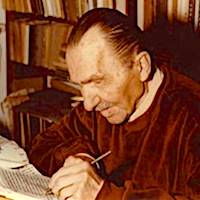
“Man's soul seems to have grown bigger; it cannot fit any longer within the old molds. A pitiless civil war has broken out between the old, formerly omnipotent myth and the new myth which is battling to govern our souls.”

“legend, which loves personalities more than ideas, attributes to a few individuals the laborious advances of many generations.”
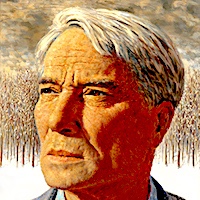
“It has always been assumed that the most important things in the Gospels are the ethical maxims and commandments. But for me the most important thing is that Christ speaks in parables taken from life, that He explains the truth in terms of everyday reality. The idea that underlies this is that communion between mortals is immortal, and that the whole of life is symbolic because it is meaningful.”
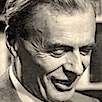
“Maps are symbols, and even the best of them are inaccurate and imperfect. But to anyone who really wants to reach a given destination, a map is indispensably useful”

“Given the nature of spiders, webs are inevitable. And given the nature of human beings, so are religions. Spiders can't help making fly-traps, and men can't help making symbols. That's what the human brain is there for - to turn the chaos of given experience into a set of manageable symbols.”

“religious, political, personal… symbols, ideas, beliefs… are the causes of our problems for they divide man from man in every relationship.”
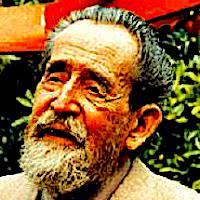
“Symbols are representations of qualities that pertain to wholes… more or less universal life situations become spontaneously identifiable with a particular psychological state and become the symbol of that state… the more vicarious and remote the experience, the less significant the symbol—because the less power it has to rouse the psychological state with which it is meant to be identical”
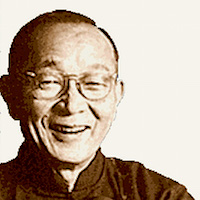
“myths represent certain broad human generalizations of the early perceptions of man and these perceptions are as good as our own.”
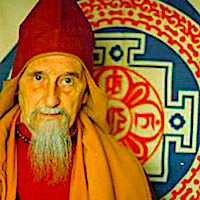
“by combining intuition and creative imagination with clear thinking and observation of the laws of nature, we transform the visions of our heart into comprehensible symbols or into the language of the outer world in which we live.”
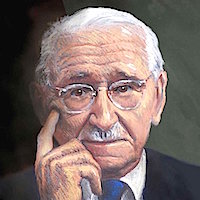
“If old truths are to retain their hold on men's minds, they must be restated in the language and concepts of successive generations.”
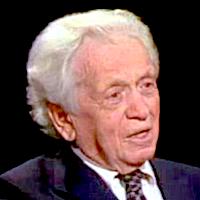
“It is the essence of a symbol that its outlines should be shadowy. What has first been sifted through the intellect is unlikely to ensnare the imagination.”
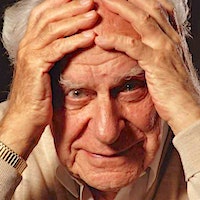
“organized religion... goes back to myths which, though they may have a kernel of truth, are untrue. Why then should the Jewish myth be true and the Indian and Egyptian myths not be true?”
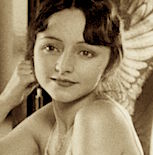
“Each friend represents a world in us, a world possibly not born until they arrive, and it is only by this meeting that a new world is born.”

“We Sioux spend a lot of time thinking about everyday things… We see in the world around us many symbols that teach us the meaning of life.”
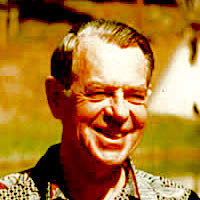
“Myths are clues to the spiritual potentialities of the human life. A great, exciting, life-nourishing subject; they teach you what’s behind literature and the arts, about your own life.
”
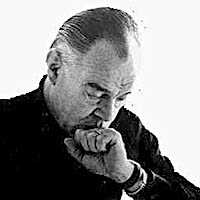
“a myth is need to express the dark and unmentionable fact that passion is linked with death and involves the destruction of anyone yielding himself up to it with all his strength”
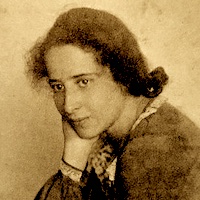
“The only possible metaphor one may conceive of for the life of the mind is the sensation of being alive. Without the breath of life, the human body is a corpse; without thinking, the human mind is dead.
”
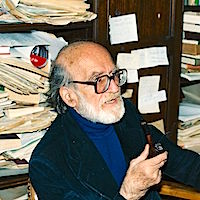
“The person who understands a symbol emerges from their personal experience and understands something universal.”

“A religious symbol conveys its message even if it is no longer consciously understood in every part. For a symbol speaks to the whole human being and not only to the intelligence.”
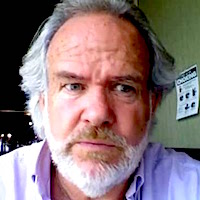
“A properly drawn mandala is a book in itself containing a great deal of information but he who would read the symbols must first learn the language.”

“myths are constructed by a universal logic that, like language itself, is as characteristic for human beings as nest-building is for birds.”
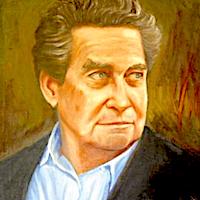
“Contemporary man has rationalized the myths, but he has not been able to destroy them.”
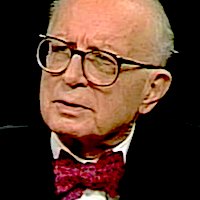
“Myth is not just fantasy and not just fact but exists in a limbo, in the world of the Will to Believe which William James has written about so eloquently and so perceptively.”
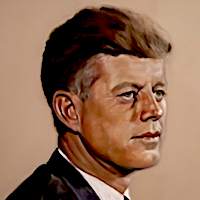
“The great enemy of the truth is very often not the lie, deliberate, contrived and dishonest, but the myth, persistent, persuasive and unrealistic.”
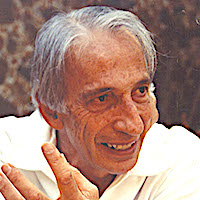
“A cosmic struggle among ever more complex forms of life has become the anthropic foundational myth of the scientific age.”
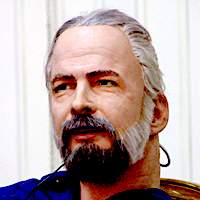
“'Sir, you are offering a fake, an imitation of the authentic'… Akin to primal childhood awakening; facts of life… Synthetic image distilled from hearing assorted talk. Myth implanted subtly in tissue of the brain.”

“The mass media [systematic propaganda] serves as a system for communicating messages and symbols to the general populace… to inculcate individuals with the values, beliefs, and codes of behavior that will integrate them into the institutional structures of the larger society.”

“Modern industrial civilization has developed within a certain system of convenient myths, the driving force being individual material gain... a principle that will destroy itself in time by pretending that the world is an infinite garbage can.”

“‘doing without doing’: uncompetitive, unworried, trustful accomplishment, power that is not force. An example or analogy might be a very good teacher, or the truest voice in a group of singers.”
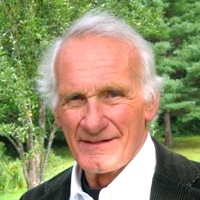
“No myth exists by itself; neither does it have a discoverable origin... Indeed, myth is the highest form of our listening to each other.”

“Myth provokes explanation but accepts none of it. Where explanation absorbs the unspeakable into the speakable, myth reintroduces the silence that makes original discourse possible.”
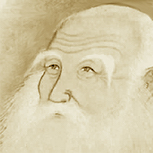
“Dogs and cats can serve as great metaphors for two of our most common experiences in life: chasing after things and people while only driving them away, and things coming to us easily without much effort.”

“Reading quotes and words of wisdom from ancient and modern sages is like taking vitamins, a kind of psychological preventative medicine.”
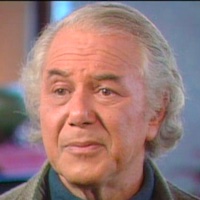
“Ideas communicated through myth show us a world that is perceived through the vision of wonder, love of truth, and the sense of the sacred, the impulse to serve and to participate in a greater reality... cosmic and spiritual ides expressed in a way that touches the deeper springs of the mind”
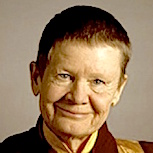
“This very moment is the perfect teacher... feelings like disappointment, embarrassment, irritation, resentment, anger, jealousy, and fear [are] like messengers that show us exactly where we're stuck.”
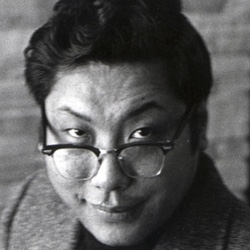
“This life, this experience of the universe is the only thing; there is nothing beyond this at all... it would be much easier to make up a mysterious myth or a mystical experience out of it, rather than seeing things as they are.”

“Spiritual materialism is constantly trying to substitute one myth for another.”
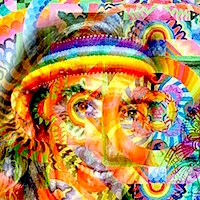
“created through a condensation and focalization of energies... Symbols are containers of various levels of knowledge and relate to far more than what they superficially embody... and, by a reciprocal process, can release those energies
”
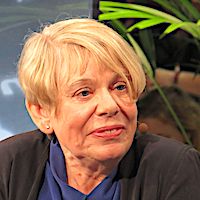
“'God' is merely a symbol that points beyond itself to an indescribable transcendence.”
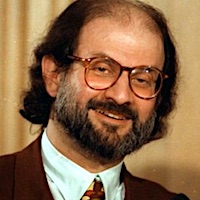
“When you can't retell for yourself the stories of your life then you live in a prison… somebody else controls the story.”
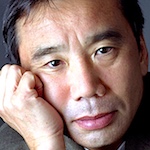
“No one can tell what is or is not the real thing. All that we see is a product of connectivity. Light here is a metaphor for shadow, shadow a metaphor for light.”

“The truth is a symbol, and symbols are the truth. It is best to grasp symbols the way they are. When people try to use a method other than the truth to follow along the path of understanding, it is like trying to use a sieve to hold water. No one can ever float something full of holes on water… allegories and metaphors are not something you should explain in words. You just grasp them and accept them.”

“When one is speaking of the essence of things, it often happens that one can only speak in generalities. Concrete things command attention but they are often little more than trivia. The more one tries to see into the distance, the more generalized things become.”
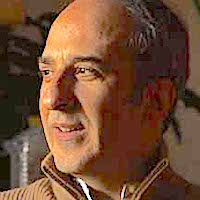
“The sacred symbolism of the arrow was carried from Asia to North America: from the Mongols through to the Iroquois. Then with the help of the Iroquois Confederacy as well as the Founding Fathers, its imagery went straight into creating the Great Seal of the United States while its essential message was taken into the US Constitution.”
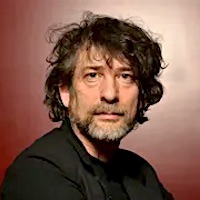
“Stories are an essential part of who we are. They can tell us more about ourselves and our world that anything else can.”
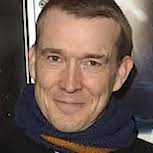 “Souls cross ages like clouds cross skies… Who can say where the cloud’s blowed from or who the soul’ll be ‘morrow?… only the atlas o’ clouds.”
“Souls cross ages like clouds cross skies… Who can say where the cloud’s blowed from or who the soul’ll be ‘morrow?… only the atlas o’ clouds.” 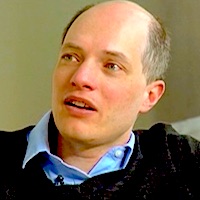
“our best chance of contentment lies in taking up the wisdom offered to us in coded form through our coughs, allergies, social gaffes, and emotional betrayals, and to avoid the ingratitude of those who blame”
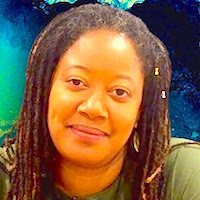
“neither myths nor mysteries can hold a candle to the most infinitesimal spark of hope.”
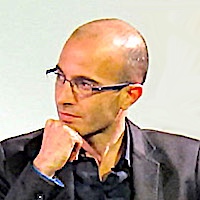
“people need stories in order to cooperate, and they can change the way they cooperate by changing the stories they believe. That why we're far more powerful than ants. That's our superpower.”

“if you invent a good story that enough people believe, you can conquer the world.”

“Large numbers of strangers can cooperate successfully by believing in common myths. Any large-scale human cooperation – whether a modern state, a medieval church, an ancient city or an archaic tribe – is rooted in common myths that exist only in people’s collective imagination.”
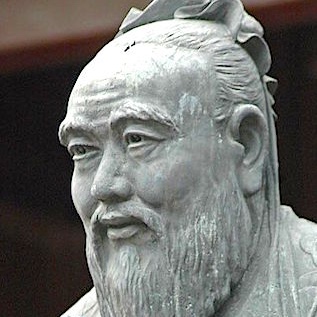

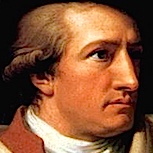
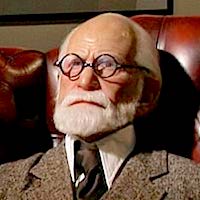
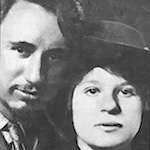
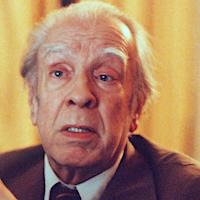
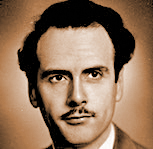
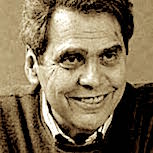

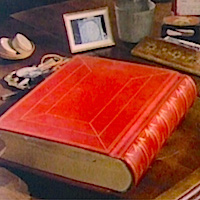
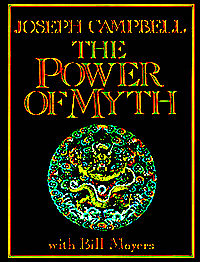
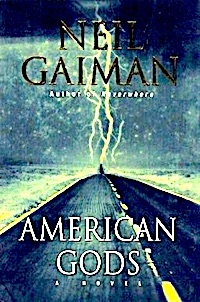
Comments (0)